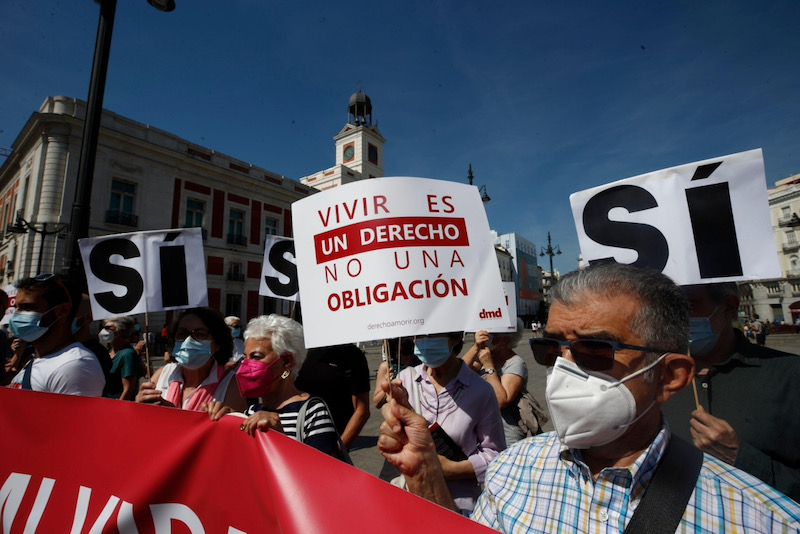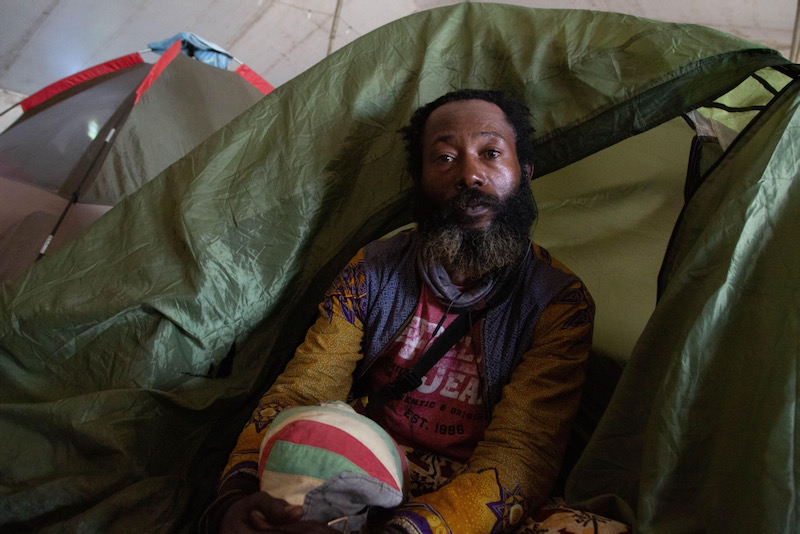The connection between forced displacements and natural resources is becoming clearer in many African countries experiencing refugee crises, a Catholic peace organisation has said.
In a statement released to mark World Refugee Day on 20 June, director of the Denis Hurley Peace Institute (DHPI), Johan Viljoen, said that even if donors give generously and host countries provide protection for refugees, this is only addressing the symptoms of the crisis. Forced displacements, according to the DHPI statement, are increasingly linked to a country’s mineral wealth.
Viljoen cites a message given by the Congolese bishops where violence in the eastern part of the country is unequivocally linked to the country’s vast mineral wealth; the recent forced displacement in Cabo Delgado, Mozambique where Christian and Muslim communities had been living in harmony for centuries “until one of the world’s largest deposits of liquid natural gas was discovered there”, and violence between north and south Nigeria where both claim ownership of oil in the south east.
“Citizens of developed countries point to the intractability of conflicts in Africa. That they never end! That there is never a solution!” reads the statement. “They forget that they would not have had cell phones or laptop computers if it wasn’t for the coltan that came from eastern DRC, that the petrol they put in their cars probably came from the Niger Delta, and that most of the technological devices that their lives revolve around are manufactured from minerals that were extracted from the pristine sand dunes of the Indian Ocean coast, or the virgin jungles of Central Africa, at the cost of mass destruction of natural habitats, and violent , forceful displacement of local communities,” Mr Viljoen said.
In the light of this connection, developed countries, Viljoen concluded, must look at and challenge the work of their own multinationals in Africa. They must not, he added, “unconditionally support” the work of these multinationals in the name of protecting their own economic interests.



 Loading ...
Loading ...